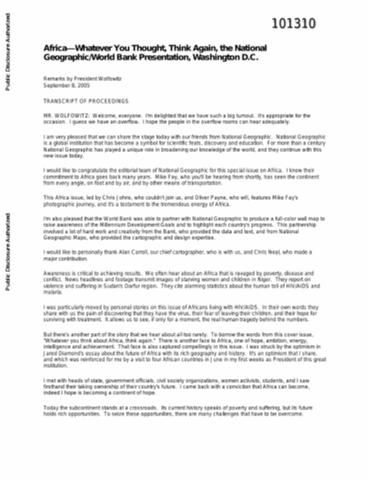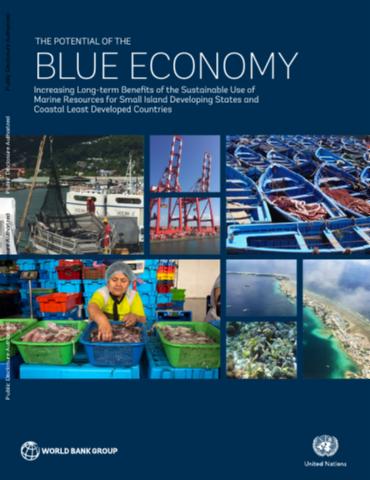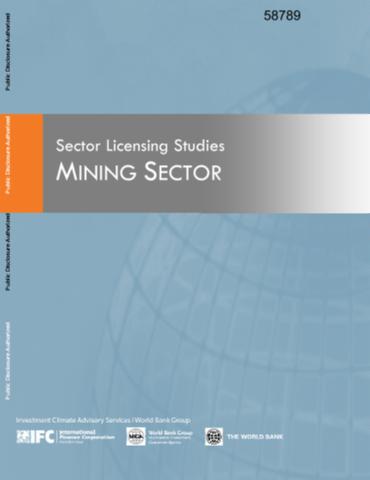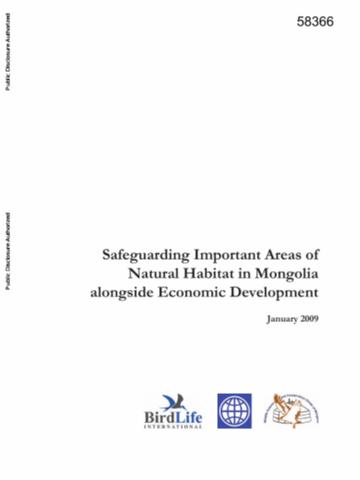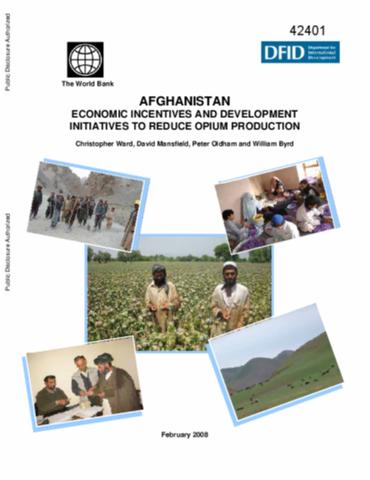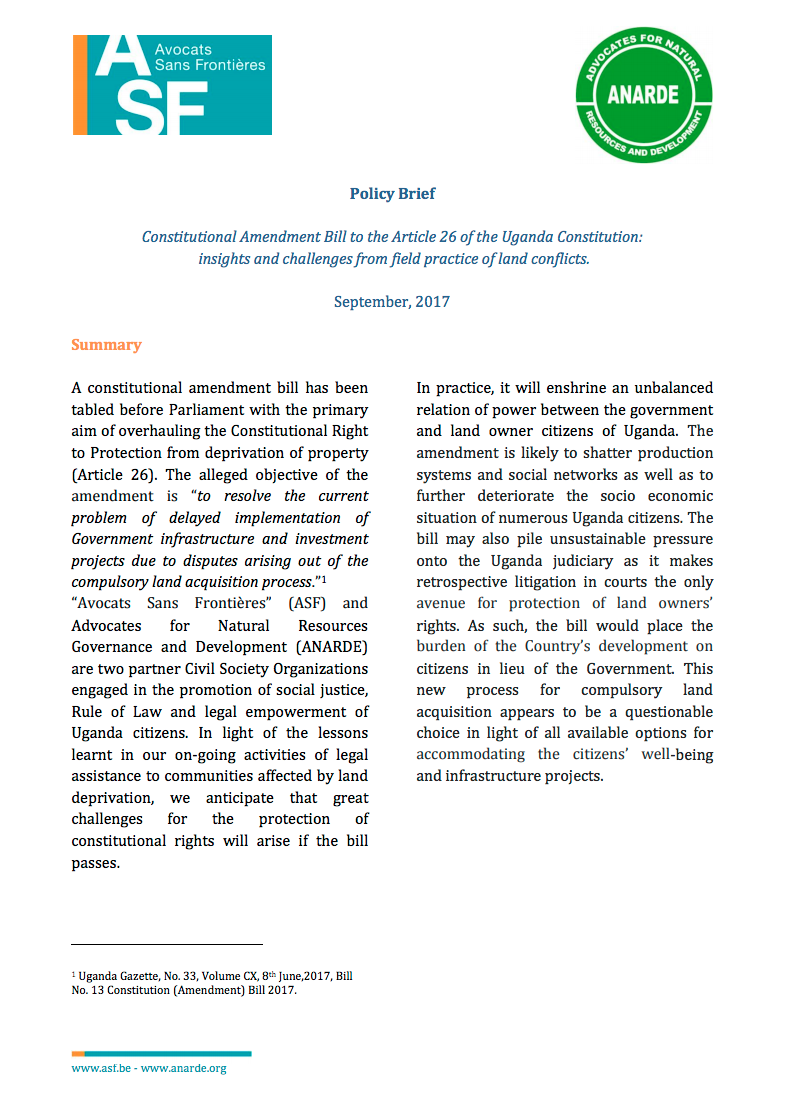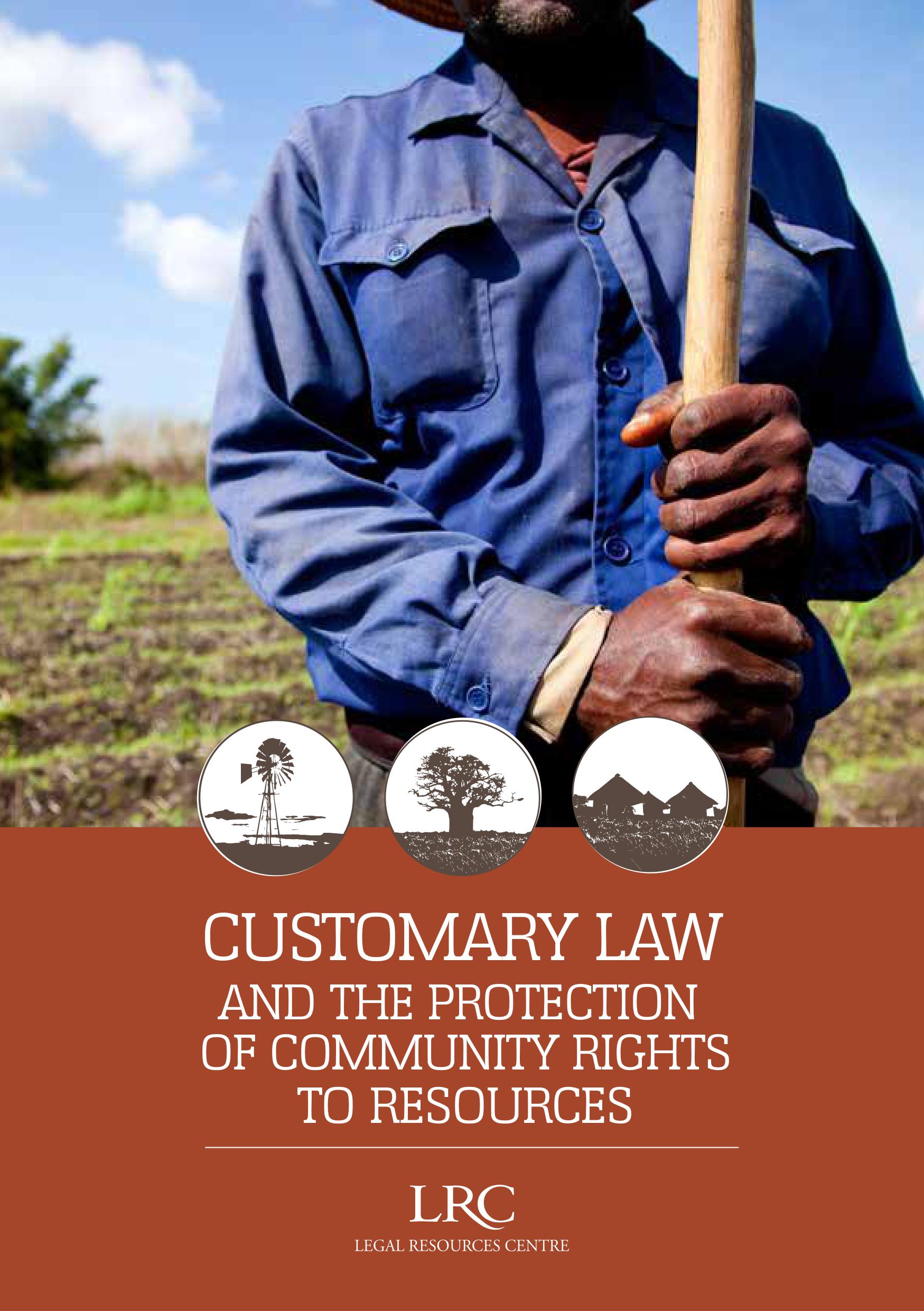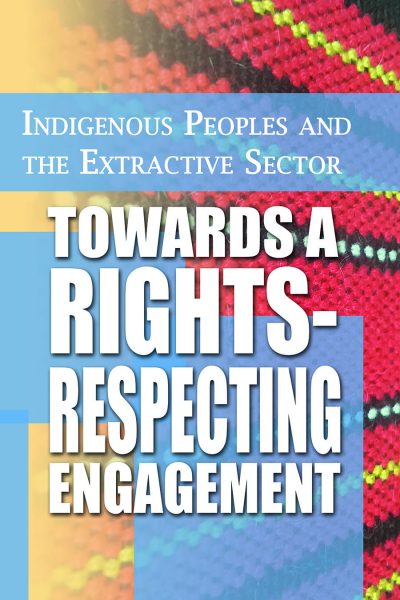Africa
Paul Wolfowitz, President of the World Bank, congratulated the editorial team of National Geographic for the special issue on Africa. National Geographic has played a unique role in broadening the knowledge of the world. The World Bank partnered with National Geographic to produce a full-color wall map to raise awareness of the millennium development goals (MDGs) and to highlight each country's progress. We often hear about an Africa that is ravaged by poverty, disease and conflict. There is another face to Africa, one of hope, ambition, energy, intelligence and achievement.

